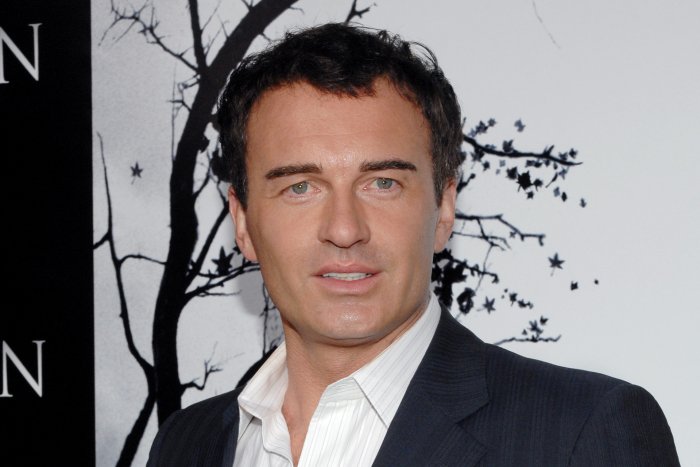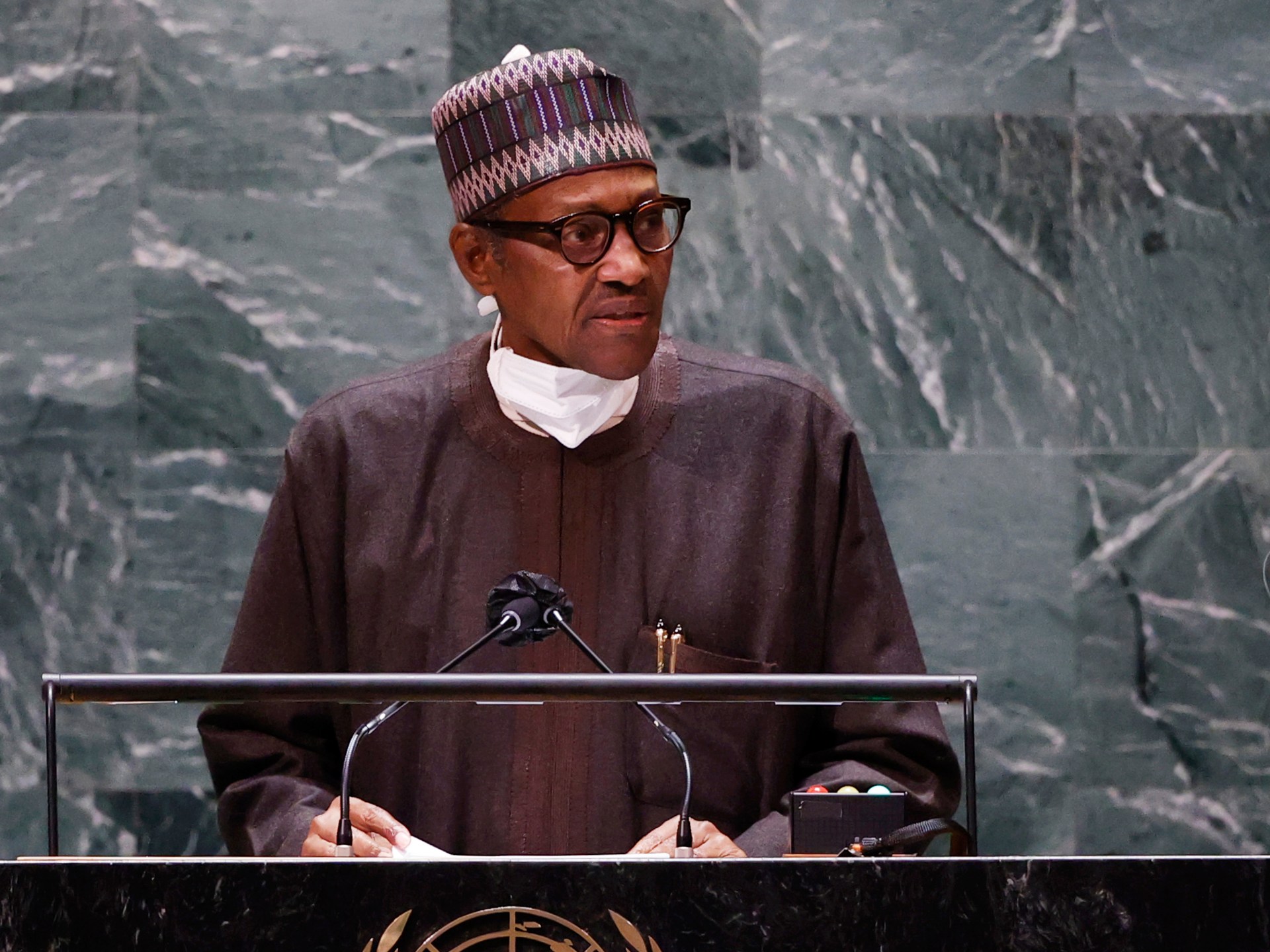Nigeria’s former President Muhammadu Buhari has died in London at the age of 82 following a long illness.
“President Buhari died today in London at about 4:30pm (15:30 GMT) following a prolonged illness,” President Bola Tinubu’s spokesperson announced on Sunday via the social media platform X.
Buhari made history in 2015 when he became the first opposition candidate in Nigeria’s modern era to defeat a sitting president at the polls, unseating Goodluck Jonathan in what was widely praised as the country’s most credible election.
A retired major general, Buhari first ruled Nigeria in the 1980s after taking power in a military coup. He later rebranded himself as a civilian politician, adopting a softer image in flowing kaftans and declaring himself a “converted democrat”.
Known for his austere style and fiery rhetoric against corruption, Buhari was seen by his supporters as a reformer. “I belong to everybody and I belong to nobody,” he often declared, seeking to position himself above Nigeria’s entrenched political factions.
Yet his presidency struggled to contain rising insecurity. While he promised to defeat Boko Haram and restore order, armed violence spread far beyond the northeast. Gunmen, separatists, and criminal groups operated with impunity across large parts of the country by the end of his tenure.
Still, Buhari leaves behind a legacy as a symbol of democratic change in Nigeria, even if the transformation he promised remained incomplete.
A mixed legacy
Buhari is being remembered as both a pivotal figure in the country’s democratic evolution and a deeply flawed leader when it came to economic management and security.
Speaking to Al Jazeera from London, Alexis Akwagyiram, managing editor at Semafor and a longtime observer of Nigerian politics, said Buhari will be remembered for achieving what many thought impossible: winning power as an opposition candidate.
“He was the first opposition candidate since the return to civilian rule to win at the ballot box,” Akwagyiram said, referencing Buhari’s 2015 victory over Jonathan. “History will remember him favourably for that.”
Yet Akwagyiram was blunt about the failings that marked Buhari’s time in office. He described the former general as “very ineffective” in managing Nigeria’s economy, citing his insistence on maintaining a strong naira, which led to a convoluted system of multiple exchange rates and two recessions during his tenure.
“His handling of the economy wasn’t great,” Akwagyiram noted, pointing to his fallout with former Niger Delta insurgents that led to renewed attacks on oil infrastructure. Combined with low global oil prices and the COVID-19 pandemic, these factors pushed Nigeria – once Africa’s largest economy – down to fourth place.
On security, Buhari’s record was equally disappointing, Akwagyiram said. Although elected with a promise to crack down on Boko Haram, an insurgency in Nigeria’s northeast only expanded under his leadership. A rival faction, the ISIL affiliate in West Africa Province (ISWAP), also emerged and spread, while armed kidnapping gangs flourished in the northwest.
“All that happened was Boko Haram and ISWAP both proliferated under his tenure,” Akwagyiram said. “The armed forces were spread thin across the country and became weakened overall.”
Despite the criticisms, Akwagyiram highlighted why Buhari resonated so strongly with many Nigerians. “He had the personal brand of integrity and honesty,” he said. “In a political climate renowned for corruption, that was appealing.”
Buhari’s austere image and northern support base helped him build a national coalition that twice propelled him to the presidency, a rare feat in Nigerian politics.
“He didn’t try to enrich himself,” Akwagyiram said. “That’s something history will look on favourably.”



